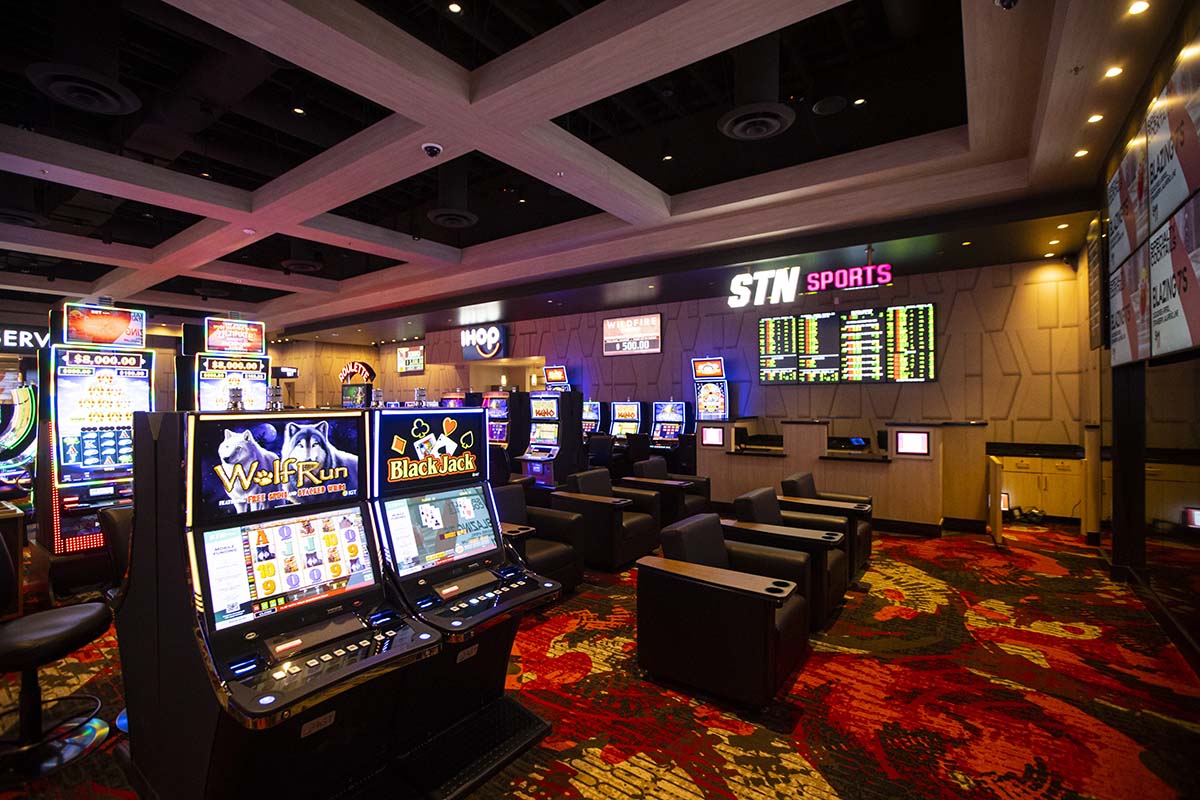
Casino entertainment have long been a significant aspect of human culture, providing not just entertainment but a intriguing reflection of our aspirations, dreams, and fears. From the rotating wheels of a slot machine to the tactical play of poker, these games represent a range of human sentiments and incidents. At their core, casino games are not just a chance to earn cash; they are a reflection of life itself, where danger and gain merge and fate can change in an instant.
As players gather around tables or sit in front of vibrantly illuminated machines, they take part in a tradition that transcends mere betting. These games reflect our natural desires for connection, adventure, and the quest for chance. They also reveal deeper truths about human behavior, such as our relationship with luck and the thrill of risk. In exploring casino games, we reveal not only the rules of play but also the rich tapestry of the human experience, showcasing our interconnected narratives of goal and reality.
The Mind Behind Gambling
Wagering is intrinsically connected in human psychology, appealing to various emotions and wants. The thrill of risk-taking is a fundamental aspect that draws players in, whether the excitement of spinning a roulette or the excitement of drawing a winning card in a poker game. This adrenaline is frequently likened to other forms of excitement, as the unpredictability of outcomes elicits a distinct psychological response. Players often find themselves captivated by the possibility of striking it rich, leading to an almost magnetic draw toward gambling games.
Another, an essential component of the psychology behind gambling is the concept of optimism and ambition. Players often nourish fantasies of financial freedom and the luxurious lifestyle that can follow winning. This optimism fuels their ongoing participation in casino games, as it provides a sense of purpose and the conviction that a life-changing win could be just one wager away. The story of overcoming odds and finding success resonates with many, reinforcing their commitment to play and involve themselves with these games.
Lastly, social aspects play a crucial role in gambling psychology. Casino environments are designed to foster social interaction, where players gather to share the experience of wins and losses. This shared aspect not only amplifies enjoyment but also affects behavior, as individuals often mimic the actions of others around them. The collective approval found in mutual thrill can enhance the emotional experience, making casino games a mirror of not just personal desires but also collective engagement within the gambling community.
### Risk and Reward: A Double-Edged Sword
Gambling games embody the delicate balance between danger and gain that resonates profoundly with human nature. The excitement of placing a bet is often accompanied by a rush of adrenaline, as players are confronted with the chance of a huge payout, yet conscious of the risk to lose. This bipartisan experience reflects a fundamental aspect of life: the choices we make often come with inherent risks, and the pursuit of reward can push us to take chances we might not normally consider. In this way, gambling activities reflect real-world choices, enticing players to gamble not just their money, but also their hopes.
The allure of big prizes and payouts fuels a sense of optimism, inspiring players to envision a brighter future that could manifest from a fortunate turn of the wheel or flip of a card. This optimism can drive individuals to engage in greater risks, encouraging them to take greater risks in search of economic benefit. However, just as in life, the consequences of these risks can lead to both victory and loss. The narratives of both jackpot winners and those who have faced losses everything at the tables demonstrate the chaotic nature of chance and its significant repercussions on our lives.
Ultimately, the experience of engaging with gambling activities serves as a vivid illustration of the nature of humanity. Every session played is filled with the tension of ambiguity, as gamblers weigh the rewards against the risks. This interaction not only highlights the excitement that comes with gambling but also reveals the risks that come with the urge for more. As we navigate the challenges of decision-making and results in both the gambling world and in life, we find that the pursuit of risk and reward shapes our identities and lives in significant manners.
Community and Isolation in Casino Environment
Casino culture is a special blend of social engagement and personal pursuit, reflecting the dualities of individual experience. Gamblers often gather around games, experiencing in the thrill of the action, rejoicing in wins, and commiserating over losses. This social aspect is vital, as it fosters a sense of belonging and camaraderie among varied groups of people. Regular attendees to gaming establishments may build friendships and establish routines, turning the gambling venue into a alternative home where they feel connected to a larger community of players.
However, the appeal of gambling games can also result to isolation. As individuals become engrossed in the excitement of playing, they may withdraw from personal connections or neglect to interact with the world outside the casino. For some, the search of a windfall can distract from genuine relationships, leading to loneliness. The situation of being surrounded others yet experiencing solitary is not rare, as the focus shifts from collective fun to the individual concerns of each individual’s journey.
This interaction of society and solitude creates a vivid mosaic that defines casino culture. It highlights the intricacy of social interactions, where happiness and despair exist together. Casinos serve as both a sanctuary for social engagement and a stage for individual struggles, illustrating how deeply entwined our desire for connection and the personal quest for fortune can be. U888 In navigating this landscape, gamblers confront their own narratives—seeking both the rush of the game and the companionship of fellow players, ultimately reflecting the broader spectrum of individual experience.